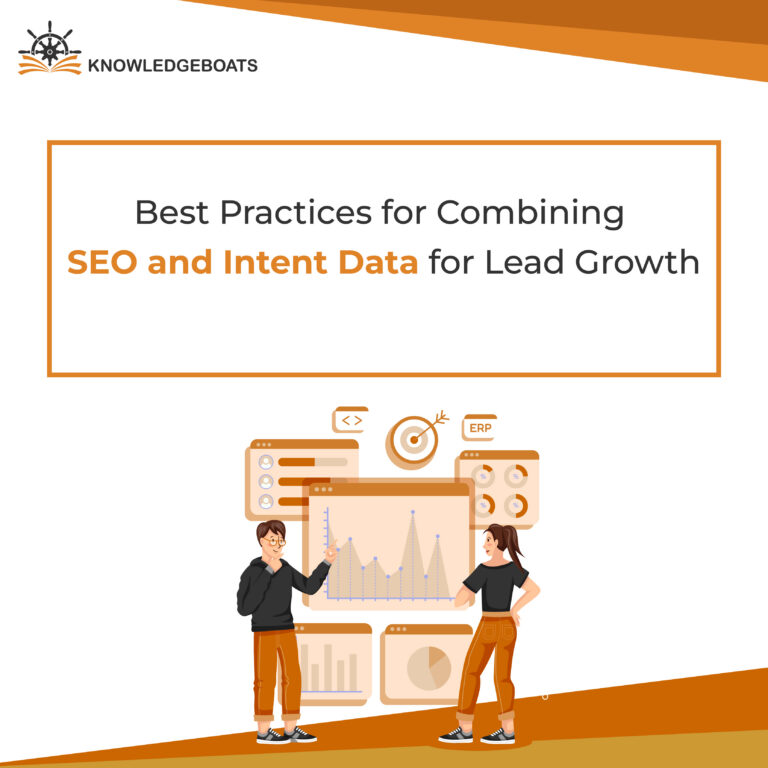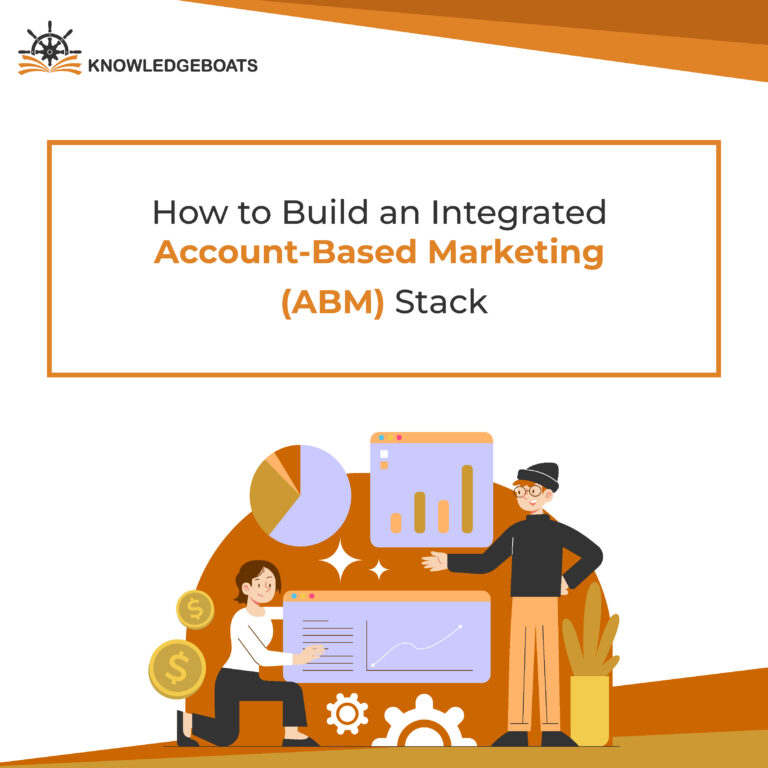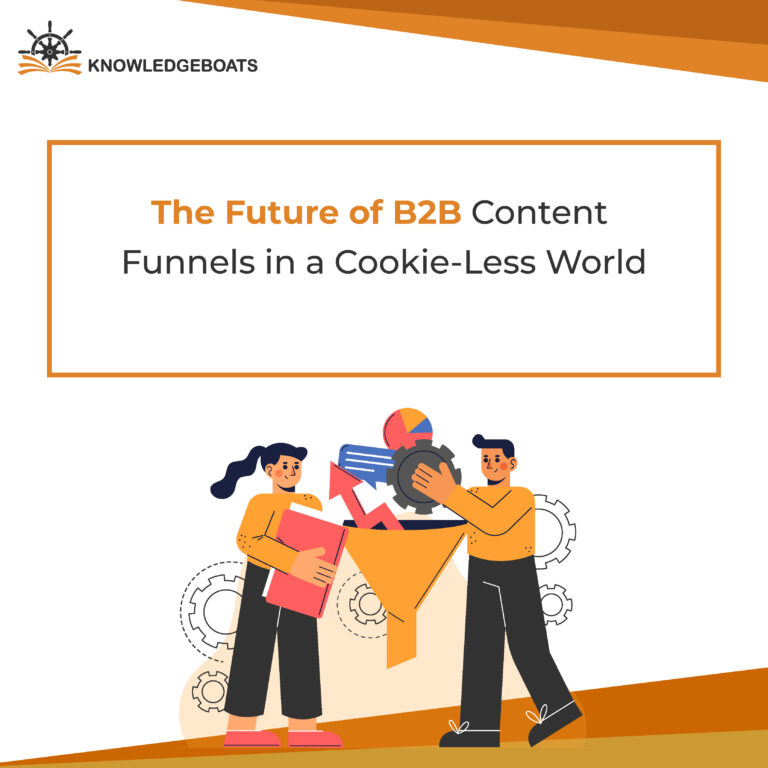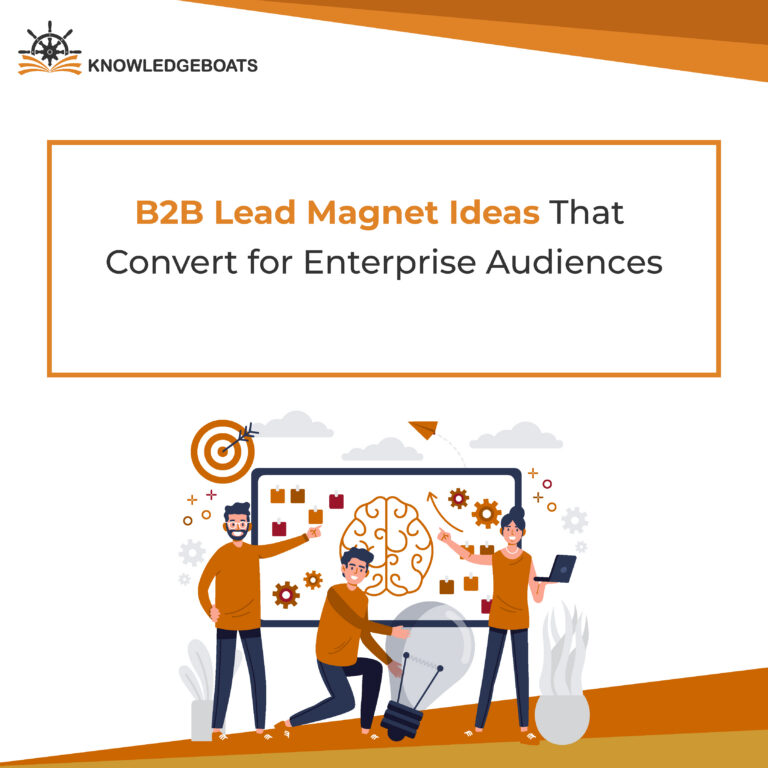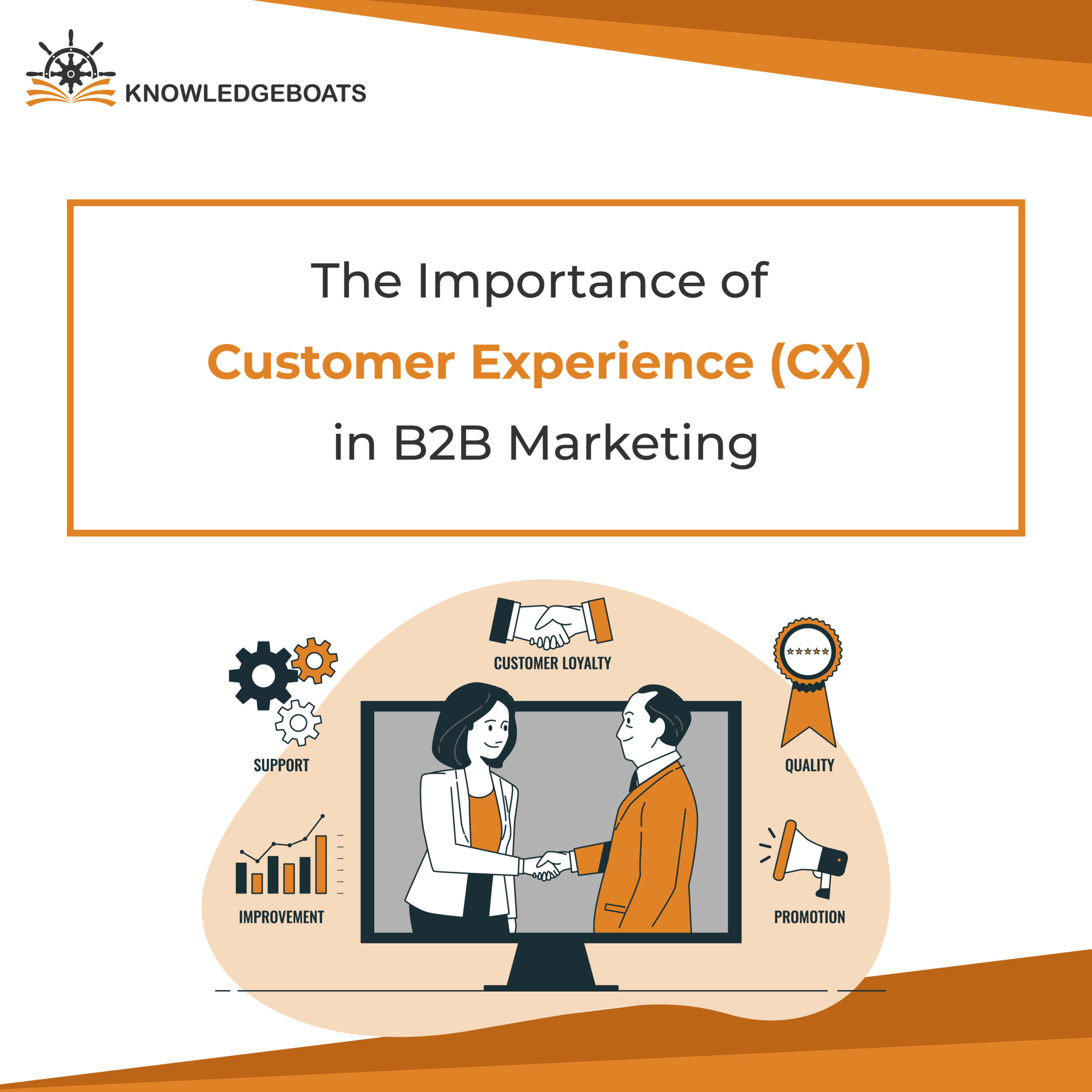
B2B Customer experience means transactions or dealings between two or more businesses to achieve a mutual business goal. It is different from b2c as b2c refers to business to consumers, and the decision here is taken by an individual. Whereas, in B2B multiple people from different backgrounds and opinions are responsible for making decisions. This transaction could occur between a manufacturing business selling equipment or parts to another company to deliver a complete model.
Why is customer experience important in B2B marketing?
Customer experience is a crucial part of B2B since each contact with the client depends on your brand value and reputation in the industry. A customer will always be important regardless of their industry being B2B or b2c, as it is a crucial factor that builds a brand. As a business, you should offer the best customer experience to boost your business.
The industry is competitive, many companies provide the same solutions or products which makes customers’ experience a key differentiator. By emphasizing customer requirements and offering personalized services or products throughout their buying journey, you can develop strong brand value and long-term relationships with clients.
This positively drives repeat business and customer retention with good customer experience (CX). Customers tend to become loyal to brands as well as trusted brands that they become happy to give to others through bringing new business to increase good word-of-mouth advertising when they are made to feel valued and heard. Additionally, with upselling, cross-selling, and spending money on other things, CX can create great impacts regarding lifetime customer value.
Importance of customer experience in B2B
Picture the business world as a huge ocean where clients’ experience or satisfaction acts as a guiding star helping you reach the shore. Why does customer experience matter? Let’s take a dive into its importance.
- Customer loyalty and retention
In the B2B space, ensuring that clients have good experience and perception is like making your advocates for the business. When businesses provide satisfactory results, clients become their reliable partners, stay in contact, and bring more business, resulting in developing a strong foundation between the client and the business. Constant contact and satisfactory results develop trust, driving a long-lasting relationship.
- Word-of-mouth magic
A satisfied and happy client act as a storyteller who spreads the positive word about the company. Word-of-mouth spreads when a customer feels glad after buying your product or service, as same as you find an amazing restaurant and tell your friends about it. In the B2B space, satisfied and happy clients become your brand advocates, spreading their positive experience and perception, which assists in gaining new clients. It also improves the network of trust naturally, owing to the genuine satisfaction of clients.
- Company’s lifeline
When your company goes through a tough phase, satisfied clients are your saviors. When a customer feels being taken care of and valued, they become the most reliable support system for your company. It is a give-and-take kind of relationship, where your company’s commitment to serving satisfactory results pays off during the tough phases. As a business, ensure to make your clients feel valued to make them your support system in the future.
- Increased revenue
A positive experience with a client is not just a one-time deal, it rather stays longer than you thought. Happy clients often invest more money with a trusted business partner, bringing more revenue along with inspiring them to explore other products or services offered by your company. This cycle becomes a major force to drive continuous growth in your business.
- Risk mitigation
In the B2B world, good customer experiences act as a shield during low times, minimizing the risk factor for businesses. The B2B world relies on trust, strong relationships, and positive perceptions built on your product or service offerings. This becomes your precious asset when your business faces tough times. Businesses with happy clients have a history of receiving cooperation and understanding from their clients in case an unexpected issue comes up. Customer experience is like having a backup plan.
- Saving on Ads
In the B2B space, having a bunch of people who say positive about your business is more powerful than ads. Happy clients become brand ambassadors, sharing positive reviews and attracting new clients. This recommendation by clients makes a stronger impression than most big marketing campaigns. For businesses, the value lies in the honesty of satisfied clients advising their products or services, which is an advanced, smart, and affordable way to build trust and gain new clients.
How can you measure customer experience?
Measuring client experience is crucial for businesses to understand the satisfaction level of clients and how well they are serving as per their expectations. A business can implement CX strategies for B2B companies to measure customer experience:
- CSAT: Customer Satisfaction Score, used to track the overall customer satisfaction with specific service, product, or interactions. It is often tracked in percentage and is taken from a client’s response to a questionnaire or survey. The formula to calculate CSAT is
CSAT= number of satisfied customers/ total number of respondents* 100
- CES: Customer Effort Score, a metric leveraged to calculate the ease of the client to complete a particular task, interact with a service or product, or resolve an issue. The goal of this method is to track the level of effort required by clients to expand during their business or interactions. The formula used to measure CES is
CES= Number of agreed responses/ total number of respondents* 100
- NPS: Net Promoter Score, a widely used metric to calculate client loyalty and gain overall client satisfaction with a company’s service, product, or brand. It offers insights into how many clients will recommend your company to others. This survey has just one question: “On a scale of 0-10, How likely are you to recommend our company, product, or service to your colleagues or friends?
NPS= Percentage of promoters-percentage of detractors
- CRR: Customer Retention Rate (CRR) is an important metric that assists in measuring the percentage of clients a business preserves over a certain period. It also offers insights into the company’s ability to sustain long-term relationships and keep its existing client base. Higher CRR shows the success of the client retention strategy.
CRR= number of customers at the end of a certain period- number of customers gained during that specific period/ number of customers at the beginning of that period* 100
- Churn Rate: Often referred to as “churn”, a complex metric that assists in measuring the rate at which subscribers or clients stop using a service or product within a certain period. It offers insights into client attrition and is specifically crucial for subscription-based businesses, SaaS (Software-as-a-service) companies, and businesses with a repeating revenue model. It is often measured in percentage focusing on the proportion of clients lost regarding the total client base. The formula to measure the Churn rate is
Churn rate= number of customers lost during the period/ total number of customers at the beginning of the period* 100
Trends of B2B customer experience
- Customer-centric, personalized experiences
With the availability of more options, customers expect a customized human experience. They do not wish to be treated as per the last customer’s data or as just a funding source. Ensure to offer a customer-centric and personalized experience to your customers to infuse CX in B2B strategies.
- Self-service options
The customer expects an experience personalized for them, wishing to resolve issues as soon as possible. In most cases, having a personalized and effective self-service option can assist customers in achieving what they require for an enhanced experience.
- The right channel for the right experience
Customers seek experiences that fulfill their changing needs. It needs brands to provide appropriate experience rather than just providing limited channels for all stages of the customer journey. For instance, many customers may prefer email communications, while some may prefer text messages. To ensure the success of your CX in B2B strategies, the businesses must consider customer preferences and offer appropriate mediums, accordingly.
Conclusion
Customer experience plays a crucial role in B2B marketing, and not understanding what customers expect from you may hurt your business. To avoid affecting your business, you may leverage the above-mentioned strategies to measure the effectiveness of your campaign and rectify the areas for improvement. To ensure the success of your company and to enhance CX in B2B, you need to listen to your clients and enhance processes based on their reviews. The exploration into the need for CX in B2B strategies reveals various pivotal roles of trust in building long-lasting relationships, brand identity, and driving success.
An effective B2B CX strategy emphasizes quality and not quantity.
Reach out to Marketboats to experience hassle-free CX in B2B marketing. Try our services today and become a forever partner owing to fruitful results delivered by our professionals.
